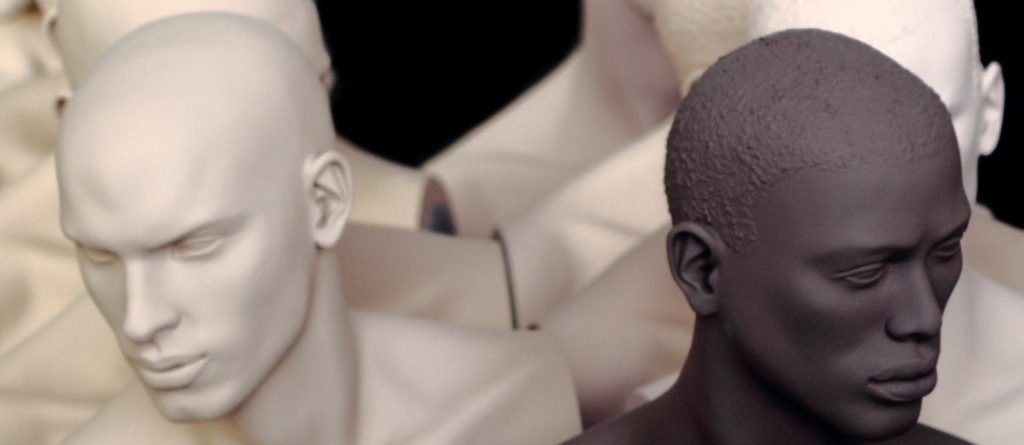Institutionalised racism in the arts
In recent years, Warwick Drama has come to reflect the national white majority in the British theatre industry. This is unsurprising as you can’t be what you can’t see; if performers of colour are not visible in mainstream film and theatre, it further discourages participation from this demographic.
We are caught in a vicious cycle of invisibility encouraging more invisibility. This longstanding issue was recently highlighted by the public outcry at the #OscarsSoWhite controversy. Only five people of colour have ever won the Oscar for Best Actor/Actress in a Leading Role, leaving an overwhelming white majority.
We are caught in a vicious cycle of invisibility encouraging more invisibility.
Even worse, white people are being cast as characters of ethnic minorities, with Rooney Mara being cast as Tiger Lily in Pan, Emma Stone taking the role of Allison Ng in Aloha and Cleopatra being white-washed by Elizabeth Taylor in 1963’s Cleopatra.
Attempts to break this cultural paradigm, such as the RSC’s production of Julius Caesar with an all black cast, are seen as political statements rather than the norm. In 2012 Michael Grandage received criticism for casting a black actress in Richard II to play Queen Isabel opposite Eddie Redmayne, as apparently this was not ‘realistic’ – but then again, what is realistic about only casting Indians as shop owners and cab drivers?
What is realistic about only casting Indians as shop owners and cab drivers?
The incredibly few roles that are created for actors of colour are either forced to culturally assimilate in order to be palatable to the white mainstream, or are offensively stereotypical. For generations movie-goers have been forced to watch the ‘magical negro’ archetype existing solely to support white characters. Morgan Freeman may be God, but all he does is save Jim Carrey’s love life.
When this magical black character isn’t fulfilling embarrassing tokenism by selflessly helping white people, there is a sexualisation of people of colour (POC) in popular media that is deeply unsettling and heavily entrenched. People of colour are expected to fulfil a white privileged exoticism fetish, which has been perpetuated by representation in the arts and media.
For generations movie-goers have been forced to watch the ‘magical negro’ archetype existing solely to support white characters.
Women of colour are expected to feel flattered when called ‘exotic’ and seen as stereotypically ‘fierce’ and ‘sassy’, and black men are fetishized for their perceived alpha-masculinity and rumours of being well-endowed. The Huffington Post investigated some of the racially charged terminology used in casting calls and the stereotyping uncovered was incredibly uncomfortable. Black actresses were only considered “pretty” when they were “not too dark” – this all culminates in people of colour only being palatable to the white gaze when diminished to nothing more than a sexual being.
We feel it’s important to ask why institutionalised racism in the creative industry has seeped into Warwick Drama. Every year cultural societies such as Afro-Caribbean Society showcase their members’ talent through plays and dramas. Diverse talent at Warwick exists, but there’s a clear lack of awareness and opportunity.
Change continues to be something that is only talked about, never pushed for.
At the moment, Warwick Drama and the theatrical spaces it provides have been monopolised by a white majority which is why achieving diversity proves so difficult. Change continues to be something that is only talked about, never pushed for. Our biggest enemy is apathy.

Comments